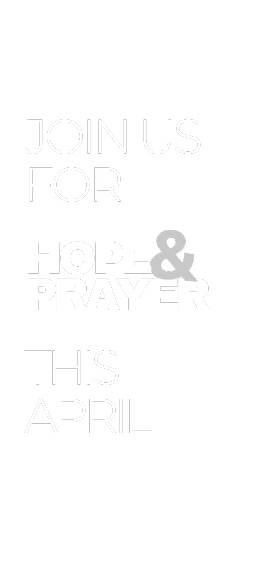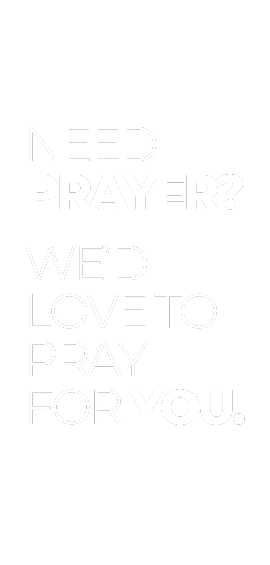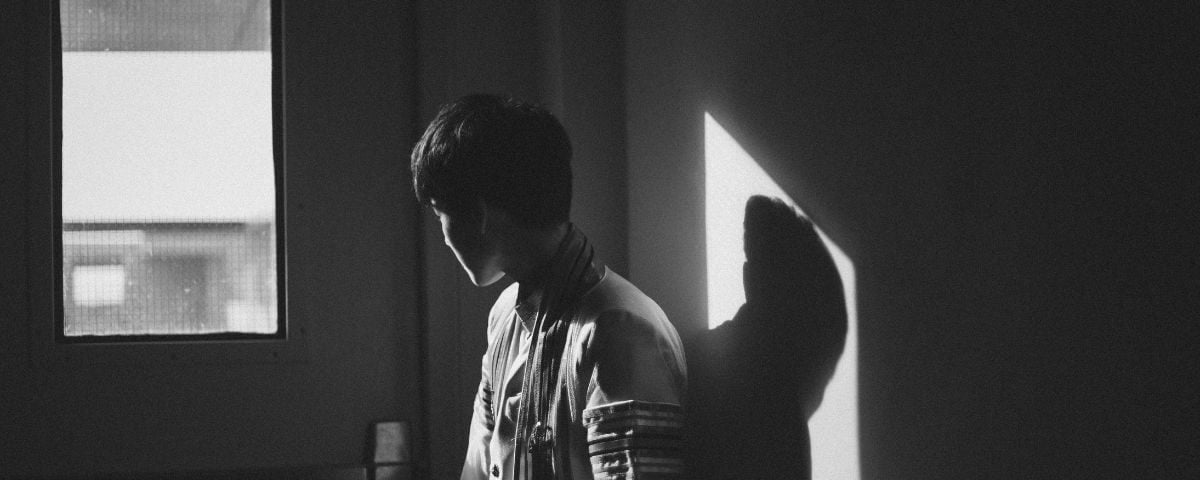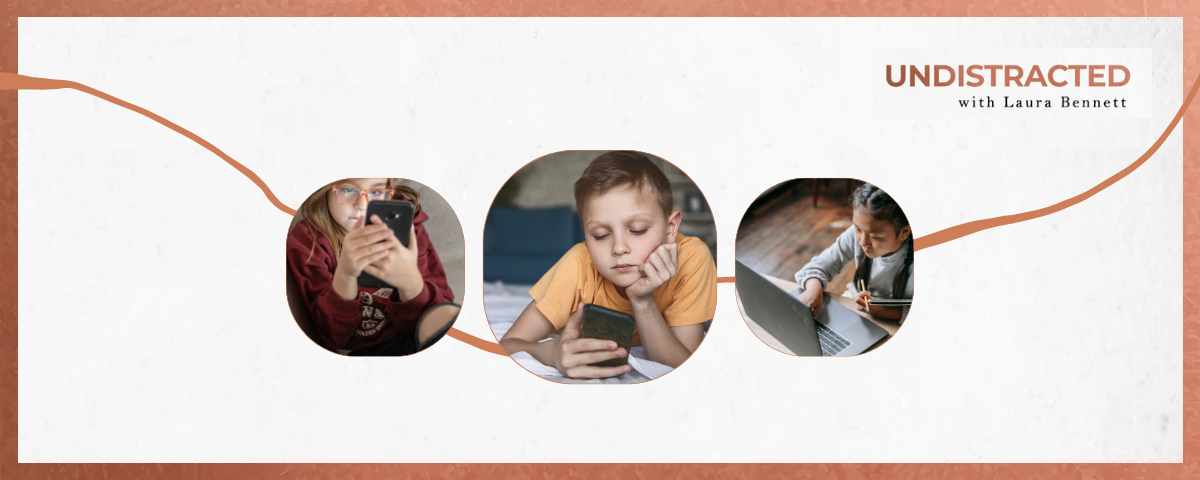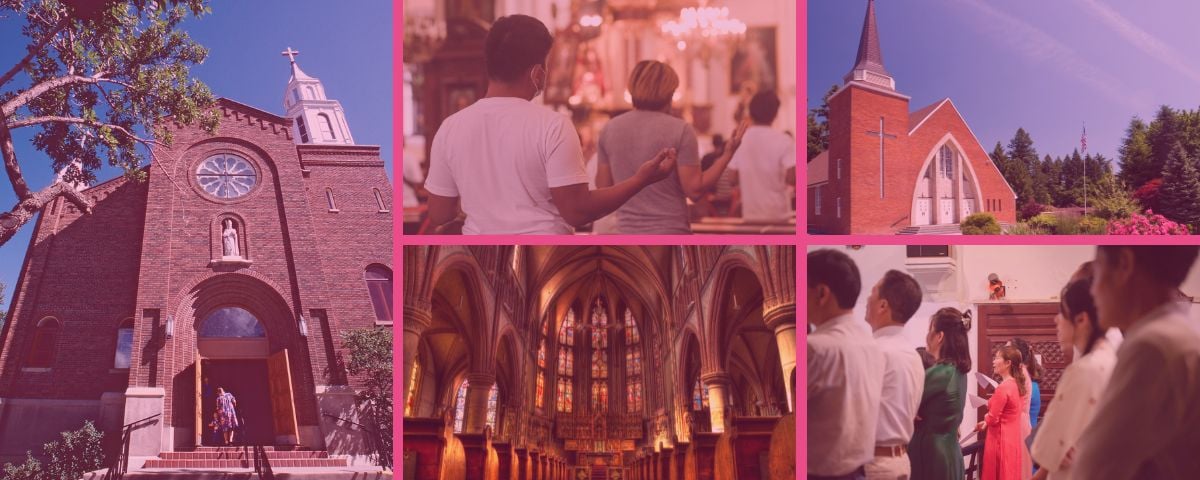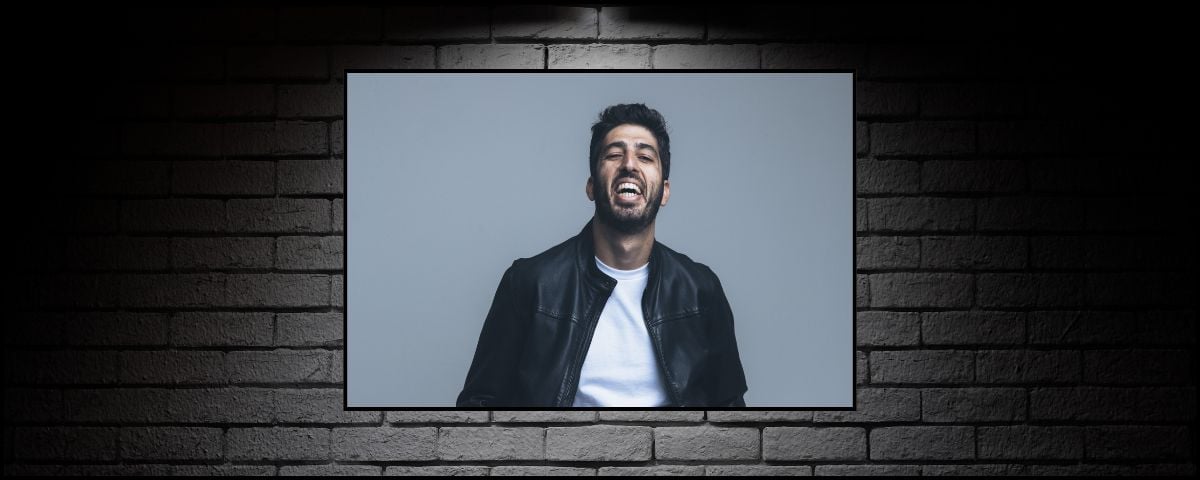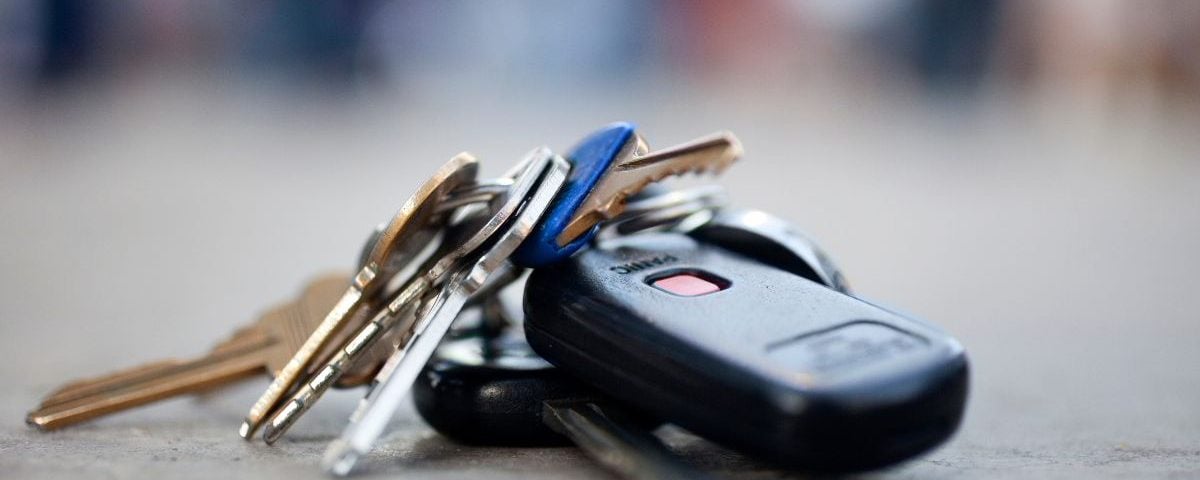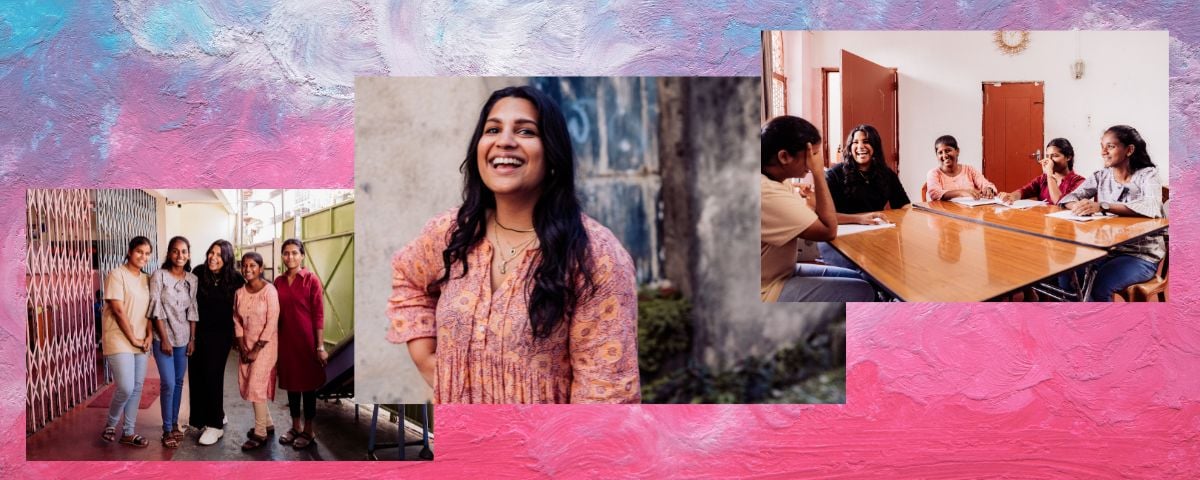How can we move beyond our differences to find what unites us across the “woke” chasm?
Key Points:
- “Woke” refers to being “awoken to, or awake to injustice”.
- “Getting in right relationship with God and other people, that will lead to our calls for justice and addressing of suffering to a much healthier, redemptive and restorative place.”
- Listen to this conversation in the player above.
Four letters form one of the most divisive, weaponised words in the world.
In political or social realms, the tiny word “woke” is often wielded to pigeon-hole or condemn.
From Disney reboots to business initiatives, racial opinions to how we recall history, the common thread of “woke” is an ongoing flashpoint.
But do we even know what “woke” means?
Max Jeganathan is a Senior Research Fellow with Centre for Public Christianity, a lawyer and former Federal political advisor.
He told Hope Mornings about what woke is, and what any of us can support or reject about it.
Hope 103.2 is proudly supported by
Max also shared a better way than woke.
What is woke?
“You can track it back to the early 1900s when it started appearing in articles,” Max said about the origins of “woke”.
“But ‘woke’ as we know it today, the modern resurgence of it, really came in the 2010s with the Black Lives Matter movement and similar movements.”
Unsurprisingly for such a straightforward word, it has a relatively simple definition.
“Woke” refers to being “awoken to, or awake to injustice”.
“Woke” refers to being “awoken to, or awake to injustice”.
“The fundamental principle is to become alert to social and economic injustices, and suffering and pain.
“Specifically, suffering and pain that might have been ignored, forgotten or negated.
“Then, to do what we can individually and collectively to address that.”
Woke: The Good
No matter how you feel or what you believe about “woke”, Max told Hope Mornings we all can resonate with aspects of what this term broadly represents.
“At its core and at its best, ‘wokeness’ can just be about being alert to the suffering of others and the intrinsic, universal dignity of all people,” Max said.
Showing concern, empathy and respect for others are “fundamentally good things” which most people uphold.
Recognising such core elements of anything “woke” can cause us to reconsider our total rejection of it.
“You can agree with some of the things that people say – without having to agree with everything that they say.”
Woke: The Bad
Max told Hope Mornings that supporters and detractors of “woke” have negatively impacted its positive points.
People wanting to promote what become known as “woke” causes can confuse issues, inject ideology or go to extremes.
“In its most damaging forms, [woke] can become and has become an attack on any kind of tradition or institution that has contributed to modern society,” Max said.
“Everything from capitalism to the nuclear family, to tradition and religion, “woke” has become a bit of a system for attacking all first principles.”
“Getting in right relationship with God and other people, that will lead to our calls for justice and addressing of suffering to a much healthier, redemptive and restorative place.”
“… This ‘woke’ approach can weaken public debate by undermining free speech, where you are not allowed to express a [different] opinion.”
From the other direction, “anti-woke” can inflame any “anxiousness or skepticism toward the idea of collective justice”.
Rather than acknowledge the call for justice or appropriate action, someone opposed to “woke” might only focus on the possible problems of addressing issues.
“[Woke] has been taken and distorted and twisted by both sides.”
The Better Way
Max made the simple but profound point that humans are complicated.
No matter what we get involved with, the situations, responses and solutions are nuanced and complex.
“If you take any instance of suffering, it’s almost always misleading to ascribe that to one person or one system of thinking, or one country or one race.”
Max suggested a better way forward can be found in the pages of the Old Testament.
With the God-given backdrop that all people are “valuable and precious”, Max encouraged us to start with reconsidering our “heart and mind posture” when it comes to addressing suffering.
“There is a helpful part of the Bible that speaks directly to this,” Max said about the fifth chapter of the book of Amos.
Through the shepherd-tuned-prophet Amos, God declares that the calls for justice from some have turned bitter “because you have thrown righteousness to the ground”.
Listen to this conversation in the player above.
“I think that is an important message for all of us today, regardless of what we believe,” Max said.
What this statement tells us, according to Max, is we can be calling for the right things but it might be coming from the wrong (“bitter”) place.
“We see a lot of angry, bitter calls for justice,” Max said about our “woke” era.
Amos chapter 5 reveals this “bitter” call flows from “throwing righteousness to the ground”.
Max explained the Bible sums up righteousness as “right relationship” with God and others.
So, we have “thrown righteousness” if our “heart and mind posture” is not loving toward God and other people.
“According to the Christian message, getting in right relationship with God and other people, that will lead to our calls for justice and addressing of suffering to a much healthier, redemptive and restorative place.”
“[A place] not anchored in anger, bitterness and vengeance.”
Listen to this conversation in the player above.
Feature image: Photo by CanvaPro
Get daily encouragement delivered straight to your inbox
Writers from our Real Hope community offer valuable wisdom and insights based on their own experiences!
Subscribe + stay connected with all
our latest stories
Hope 103.2 is proudly supported by

